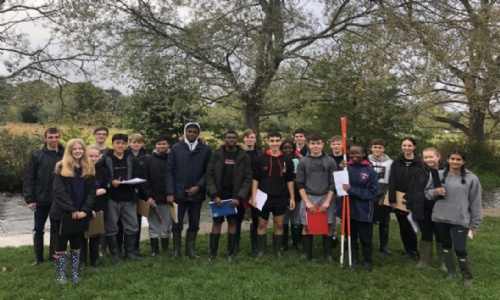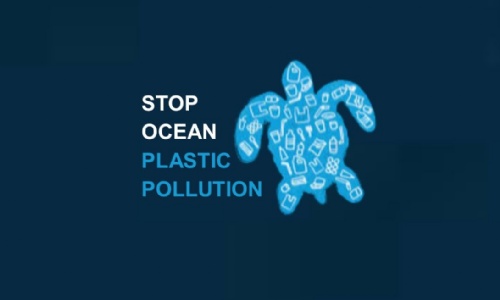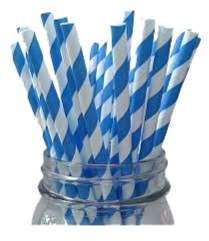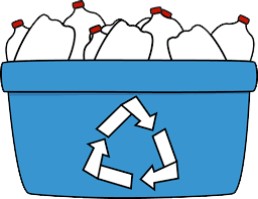Fieldwork is back in Geography
We are delighted to be out on Geography fieldwork with our Year 12 IB students and this should mark the start of a year of Fieldwork at BGS.
Students worked in groups to collect data at 10 sites on the River Darent, Kent. We made our way from source to mouth collecting qualitative and quantitative data to examine how the river changes downstream and reflected on whether this is what the Bradshaw model would expect. It was a great day to get out in the countryside to carry out a practical enquiry and the Year 12s showed outstanding teamwork and progress with their learning.
On a grey cloudy day the Year 12 IB Geography students left BGS at 8am to head out to the River Darent to collect primary data for the internal assessments. Once all the students were on the coaches we left school and headed out. Miss Thurlow’s and Miss Ashman’s group headed to the first location near the rivers source while Mrs Belton-Owen’s and Mrs Surplus’ group went to site 2, a farmers field at Brastead 5km from the source. This year the field had sweet corn growing in it which made for an interesting walk to the river. For most the sweet corn was taller than their heads!
The first couple of study locations gave students the opportunity to get used to working in their groups and collecting the data, as this was the first time that they had completed fieldwork. Students collected primary data on river depth, width, velocity, wetted perimeter and gradient as well as drawing field sketches and taking photographs.
These photographs show some of our lovely Year 12 students completing river depth measurement at site 6, Farningham, now 23km from the start of the River Darent. The day saw many students with wet feet and wellingtons full of water! But thankfully it stayed dry, and we managed to collect all of the data that is required for this work. At site 9, the small bridge that crosses the river gave us the perfect opportunity as always for a group photo!
Click here to view the River Darent field trip photo album.
The Geography Department




